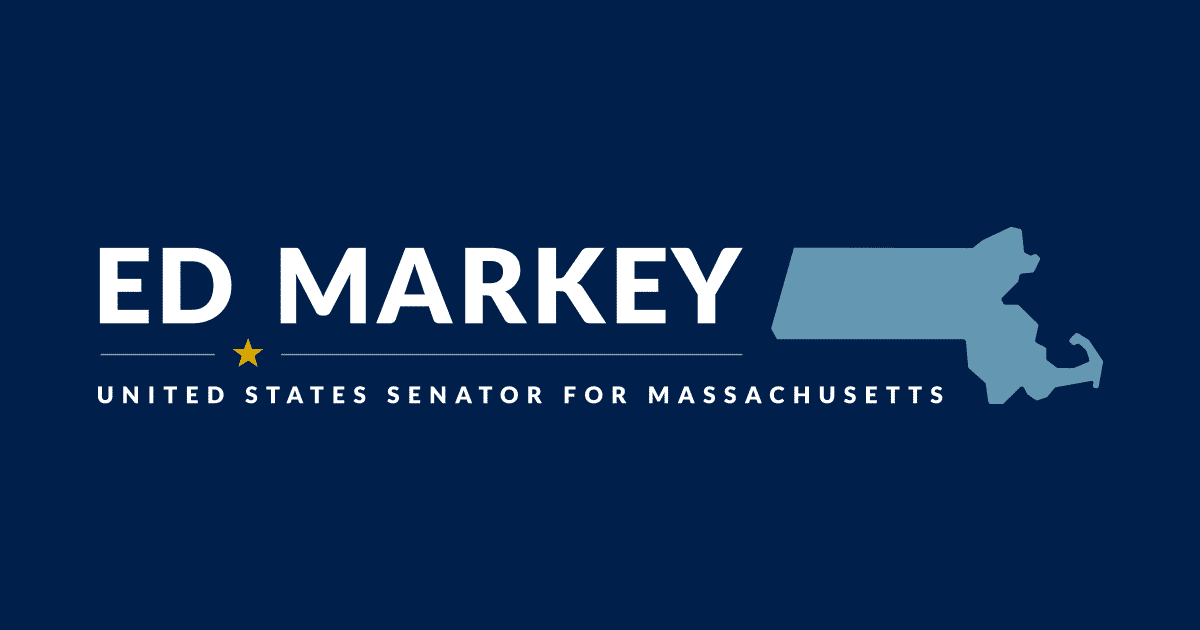Source: United States Senator for Massachusetts Ed Markey
Washington (March 31, 2022) – Senator Edward J. Markey (D-Mass.), member of the Environment and Public Works Committee and Foreign Relations Committee, released the following statement today after the Biden administration released a plan to help address costs for consumers at the pump as a result of Russia’s unprovoked invasion of Ukraine. Senator Markey first called on the Biden administration to release the Strategic Petroleum Reserve (SPR) in February, and earlier this month introduced the SAVE Consumers Act with Senator Martin Heinrich (D-N.M.), which would release an equivalent to 500 days of Russian oil imports from the Strategic Petroleum Reserve.
Senator Markey recently released his 3-Step Plan for 500 Days to Energy Independence, including utilizing the Defense Production Act (DPA) to support the production of clean energy and energy-efficient electric technologies like heat pumps, solar panels, and wind turbines in response to Vladimir Putin’s energy market disruption.
“I am pleased President Biden is taking the step to protect consumers from energy price hikes using our existing supply, as I called for in my 500-day plan,” said Senator Markey. “This can immediately bring down prices without buying into Big Oil’s sob story or bailing out the oil companies’ years of false promises on energy independence. We are vulnerable to volatile global prices and paying into Putin’s war because of our addiction to oil. We need this release of the reserve to be the death rattle of our dependency on oil. But we need to use our investments and revenues from the strategic petroleum reserve to protect consumers and build that clean energy system, not more oil and gas rigs. It is critical that we use all tools available to deploy clean energy and energy-efficient electric technologies now, including heat pumps, solar panels, and wind turbines. We can begin by passing a robust climate justice and clean energy package that spurs the transition to a clean energy economy.
“As we work to protect consumers at the pump, we must remember that production without protection won’t build a truly clean economy. We must prioritize clean and justice-focused policies throughout our entire energy system and our supply chain, including mining. Our mining laws are deeply outdated. They’re not in the 21st century, nor even in the 20th century. Critical minerals are a key part of the clean energy supply chain, but we need to reform our dangerously archaic system through regulation and legislation, and we need to build strong protections and consultative processes for the Black, Brown, Indigenous, and rural communities who are most at risk from overzealous mining activities.”
###
